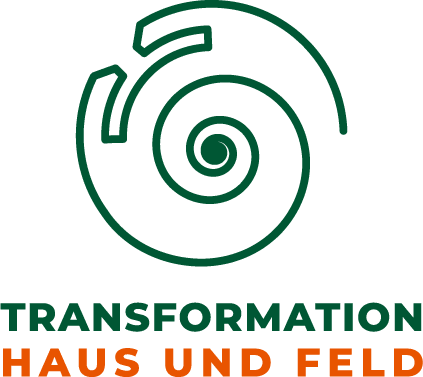The year is 2030.
Berlin produces its own food, supplies itself with energy, and can repair almost everything on site.
It all began at Tempelhof Airport …
Review
It was the year 2021.
In Germany, global warming had long since led to drought, unpredictable weather, and failed harvests, along with insect mortality and soil depletion. It became clear that our lifestyle threatened the coexistence of the entire planet. Two years earlier, civilians in Berlin had already declared a climate emergency. The Corona Crisis finally set the ball rolling. In a very short time, society changed:
– Sustainability and resilience became enacted principles.
– The new policy was increasingly geared towards self-sufficient supply: priority was given to energy and goods produced regionally, and food was grown as close as possible.
– Our decelerated and resource-conserving society began to appreciate the art of repairing again.
– Berliners developed a need to learn this skill. They demanded offers in the immediate vicinity – without barriers and expensive courses. People’s skills were needed to help develop paths to sustainability. Practice, discourse, research and education were closely interlinked.
– The goal was a stable and equitable transformation supported by the whole city. Participation processes were developed that included all social groups.
It quickly became clear that Tempelhofer Feld – with its building in municipal hands as common property – offered a unique opportunity.
A centre was to be created here where the new needs could be energetically realised. A participatory structure was already in place – it just needed to be significantly strengthened. Thus, the first Climate Citizens’ Council took place in the airport building. It became the model for a citizens’ democracy that has since shaped political action together with Berlin’s members of parliament.
The nature reserve remained untouched, and people could continue to use the field for leisure, sport and culture. The process to clean up soil contaminated by war and previous use was initiated, and progresses daily. Where development had once been discussed, a forest garden landscape grew, cooling the city and providing the neighbourhood with edibles food sources. Thousands of people have already been able to learn organic vegetable cultivation here.
The network quickly grew, supported by educational institutes.
Everything that then followed in the field and in the building functioned according to the idea of the common good, which now plays the main role in the entire economic activity of the region and significantly influences federal policy. Soon, the first certified courses and seminars were offered – funded by the public sector, but also by public welfare-oriented foundations and associations.
A food campus was set up in the airport building, a place where research, cooking, eating and training for the food turnaround is would be done with relish. It quickly developed into an important logistical location for scaling Solidarity Farming.
Many farms are interested in new and rediscovered techniques and methods of sustainable agriculture
After all, there is a desperate need for workers in this field: The agricultural turnaround promotes small-scale, largely plant-based organic farming. Many more people can now imagine working in gardening and agriculture. Wages have risen, there are regulated working hours. Those who work in agriculture are held in high esteem; after all, he or she is relevant to the system. One thing is certain: Berlin will be able to supply itself with regionally grown food as much as possible by 2035.
Energy supply has also taken a big leap: renewable energies are increasingly being produced decentrally and cooperatively. This is certainly also due to the fact that there are many more competent constructors in the region since the emergence of the Transformation Centre.
The repair economy looks equally fit for the future: There are now DIY & repair shops in every neighbourhood that can get nearly any appliance working again. Together with the municipal waste management companies, the up- & recycling of various materials has been tested and consolidated. Restored furniture enjoys enormous popularity. Recycling tailor shops flourish in every neighbourhood.
The architecture and construction industry is also changing enormously.
Many houses can already use domestic water for gardening as well as for flushing toilets with the help of trained plumbers. Building technology now works almost exclusively with regenerative or recyclable materials. This is also taught at the Centre.
A counselling centre has also been set up near the Transformation Centre for All, which supports businesses transitioning to the common good economy and helps people to organise themselves. Business start-ups are also accompanied and promoted here. The most popular form of business is the cooperative.
A diverse art scene makes the change visible in its own way – culture is an important part of the new heart of Berlin, just as it has always been in the capital.
Finally, there is a space again where this scene can also develop and flourish. The Centre’s courses and events help us find the images and words to deal with the ecological crisis and the many upheavals of our time.
After Berlin’s start, many other cities and municipalities are now in the process of setting up similar reallabs and educational centres for sustainability. Funding is mainly provided by the respective state governments, the federal government and the EU. No wonder, because it is a tangible opportunity for new job growth. For example, it gives people who have become unemployed after working in the fossil fuel economy new, ecologically meaningful skills. This is done quickly, practically and in a well-founded way, and thus places them in secure fields of work.
Flashes of an impressive change we want to experience
This short excursion into the year 2030 demonstrates what Berlin can look like if we act now. For this vision to become reality, it is important that we network, think through the implementation, and convince numerous people: in civil society, politics, and business.
